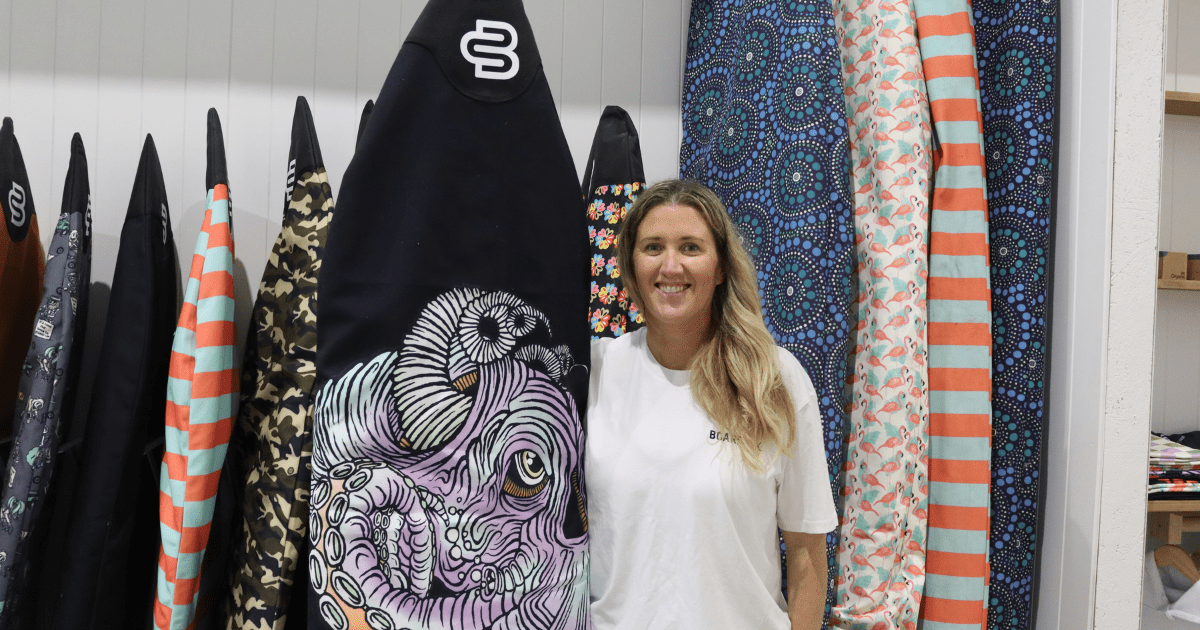FESTIVAL AND FOOD TO GET KIDS MOVING

A new $6 million dollar VicHealth program, Growing participation in Sport, aims to get close to 60,000 less-active teenagers off their phones and playing sport over the next three years by making exercise more appealing.
Food trucks, music and festivals might not be typically associated with sport and physical activity yet these teenfriendly activities are part of a major new VicHealth program shaking up traditional sport to get teenagers active and healthy.
The new $6 million Growing Participation in Sport program comes after a VicHealth report found teenagers were almost five times more likely to be on their smartphone than being active.
Additionally, the report found 92 per cent of teenagers aren’t meeting the Australian Physical Activity Guidelines of an hour of physical activity every day; in contrast the average teenager spends more than three hours a day on screens like smartphones and Ipads.
VicHealth will partner with 19 sports, including AFL, touch football, and skateboarding, to try to turn this around by making sport more fun and attractive to teenagers.
New activities to tempt teens away from their screens include a seven-week festival combining food trucks and touch football and a roller skating program targeting teenage girls.
Victorian Minister for Health Jill Hennessy said the health benefits for teenagers from being regularly active couldn’t be underestimated.
“Regular physical activity and playing sport can provide many benefits for our physical and mental health. This program is about making sport attractive and interesting for teenagers so they can be happy, healthy and thrive,” she said.
VicHealth CEO Jerril Rechter said the statewide program was all about making sport accessible, fun and noncompetitive to get less active teens into sport.
“Playing sport is a really fun and social way for our kids to keep active, but we know that sport participation halves when they hit their teenage years,” Ms Rechter said.
“Many teenagers have told us that they stopped playing sport because it stopped being fun and started getting too competitive.
“We’re working with sports organisations to deliver programs for teens that focus more on having fun and building skills and less on winning and being the best. Additionally, they combine sport with things we know teens love like food trucks, hanging out with friends and listening to music.”
Ms Rechter said sports organisations had to try new things if they wanted to get less active teens to play sport.
“Regular physical activity is so great for teens’ physical and mental health and we need them to do more of it. If that means changing the way sport is played, then we need to shake things up to benefit our kids’ health,” she said.
The Growing Participation in Sport program aims to get close to 60,000 less-active teenagers playing sport over the next three years.
Activities will focus on engaging teenagers who face health inequities, those who don’t engage in regular physical activity and those that aren’t interested in participating in existing traditional sport offerings.
More information is available at vichealth.vic.gov.au/funding/growingparticipation- in-sport-program.

















